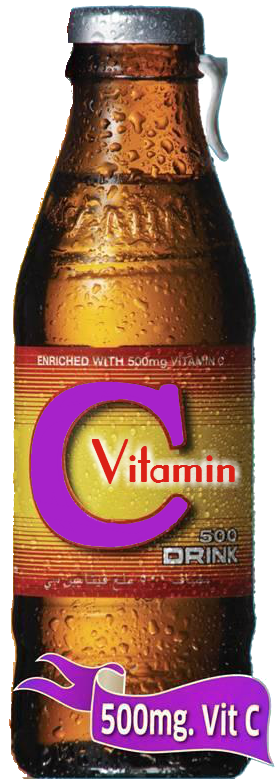

What happens if I don’t get enough vitamin A?
People with Crohn’s disease, ulcerative colitis, or celiac disease. Infants, young children, pregnant people, and breastfeeding people in developing countries. However, vitamin A deficiency is common in many developing countries, especially in young children.Ĭertain groups of people are more likely than others to have trouble getting enough vitamin A: Vitamin A deficiency is rare in the United States because most people get enough vitamin A from the foods they eat. Dietary supplements that contain only vitamin A are also available. Most multivitamin-mineral supplements contain vitamin A. Vitamin A is available in dietary supplements, usually in the form of retinyl acetate or retinyl palmitate (preformed vitamin A), beta-carotene (provitamin A), or a combination of preformed and provitamin A. What kinds of vitamin A dietary supplements are available? Dairy products, such as milk and cheese. Fruits, including cantaloupe, mangos, and apricots. Green leafy vegetables and other green, orange, and yellow vegetables, such as spinach, sweet potatoes, carrots, broccoli, and winter squash. Beef liver and other organ meats (which are also high in cholesterol, so limit the amount you eat). Some types of fish, such as herring and salmon. You can get recommended amounts of vitamin A by eating a variety of foods, including the following: Vitamin A is found naturally in many foods and is added to some foods, such as milk and cereal. Average daily recommended amounts of preformed vitamin A and provitamin A carotenoids are listed below in micrograms (mcg) of retinol activity equivalents (RAE). The amount of vitamin A you need depends on your age and sex. The most common provitamin A carotenoid in foods and dietary supplements is beta-carotene. They are found in fruits, vegetables, and other plant-based products. Provitamin A carotenoids are turned into vitamin A by your body. Preformed vitamin A is found in fish, organ meats (such as liver), dairy products, and eggs. There are two different sources for vitamin A: Your body is able to convert some carotenoids into vitamin A. Carotenoids are pigments that give yellow, orange, and red fruits and vegetables their color. 
Vitamin A also helps your heart, lungs, and other organs work properly. Vitamin A is important for normal vision, the immune system, reproduction, and growth and development. Vitamin A is a fat-soluble vitamin that is naturally present in many foods. What are vitamin A and carotenoids and what do they do?
VITAMIN R BOOZE PROFESSIONAL
For more details, see our health professional fact sheet on Vitamin A and Carotenoids. This is a reader-friendly overview of Vitamin A and Carotenoids. Where can I find out more about vitamin A?.Does vitamin A interact with medications or other dietary supplements?.What are some effects of vitamin A on health?.What happens if I don’t get enough vitamin A?.What kinds of vitamin A dietary supplements are available?.What are vitamin A and carotenoids and what do they do?.






 0 kommentar(er)
0 kommentar(er)
